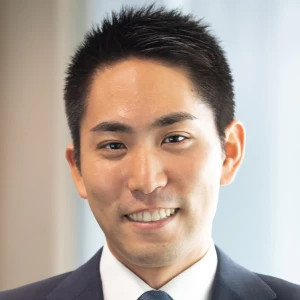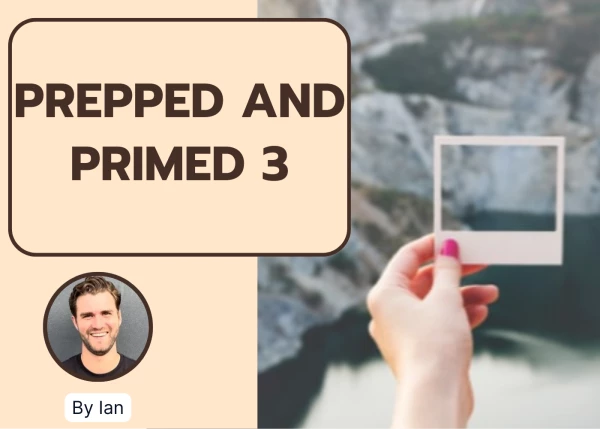Hello everyone,
when I was practicing the McKinsey online Cases, I realized that for the political cases like e.g. improving education or providing financial services for poor regions, in my structure I missed some major important buckets as they are very different to the business ones most common on PrepLounge. Is there any kind of framework that summarizes the main parts that might need to be looked at when approaching such a case? So like the business situation framework just for politics?
Would be very grateful for some help! Thanks :)









